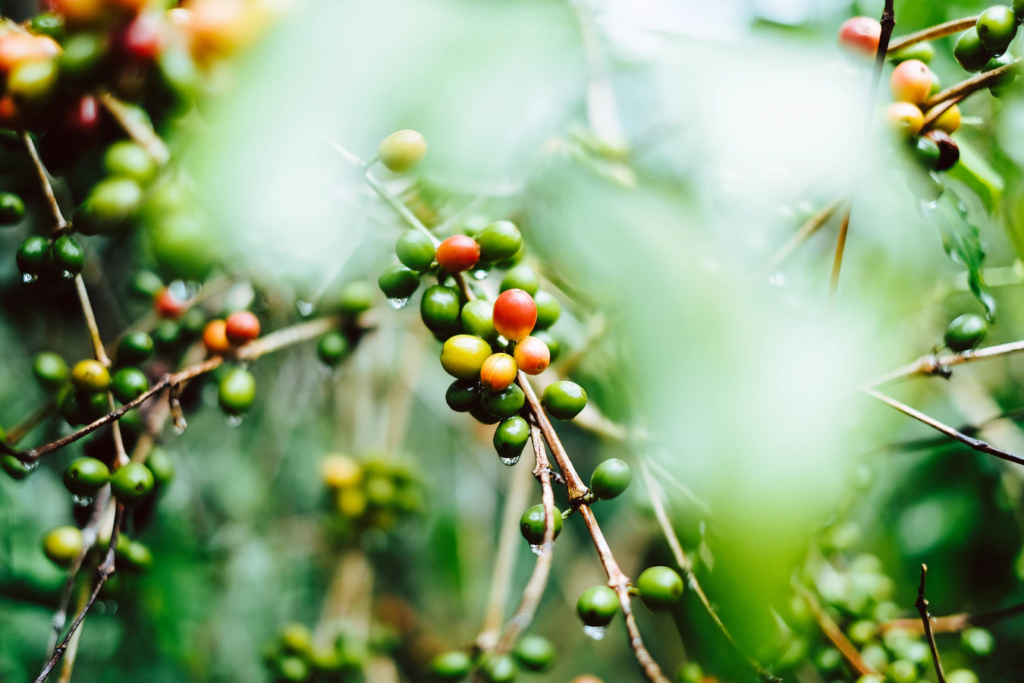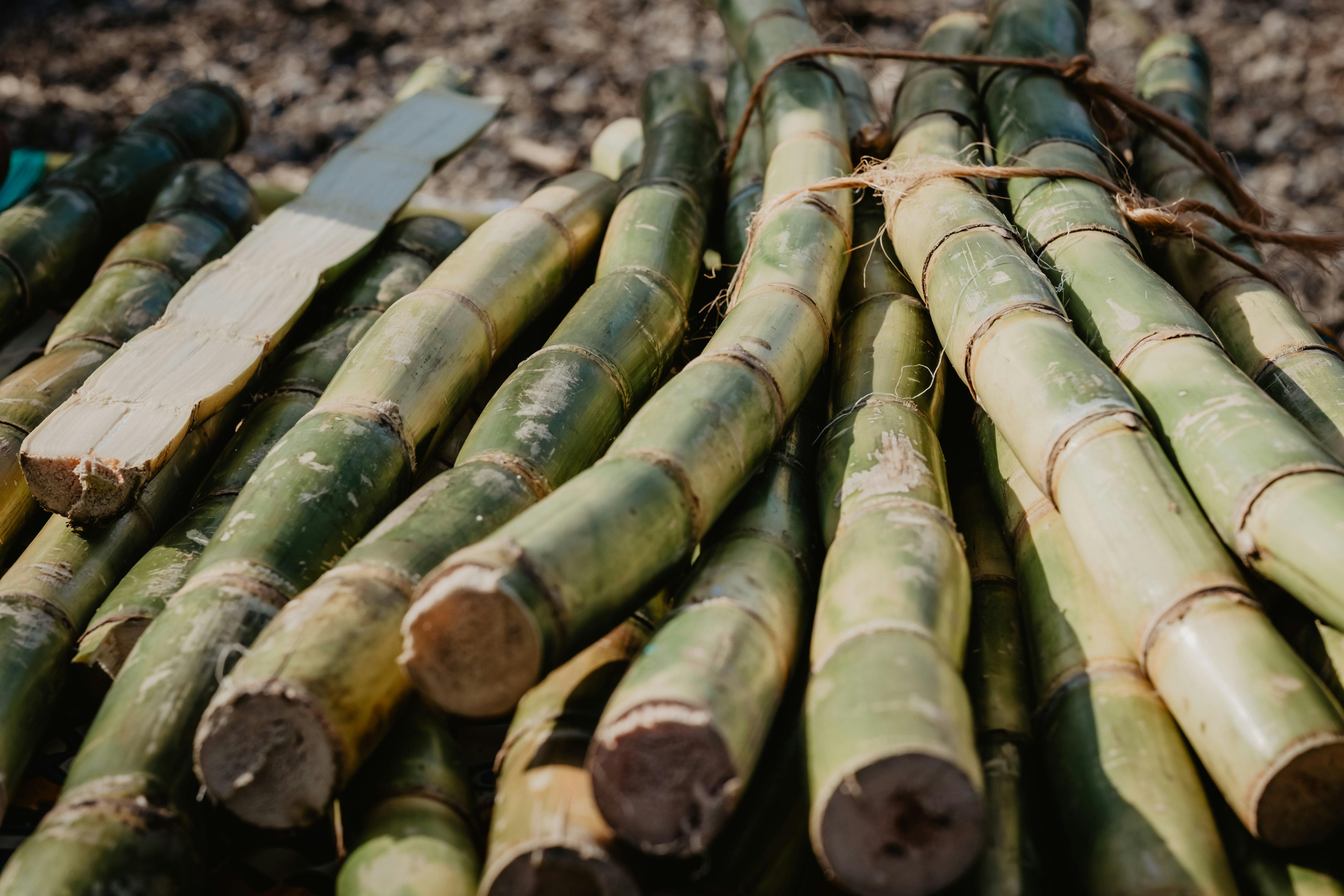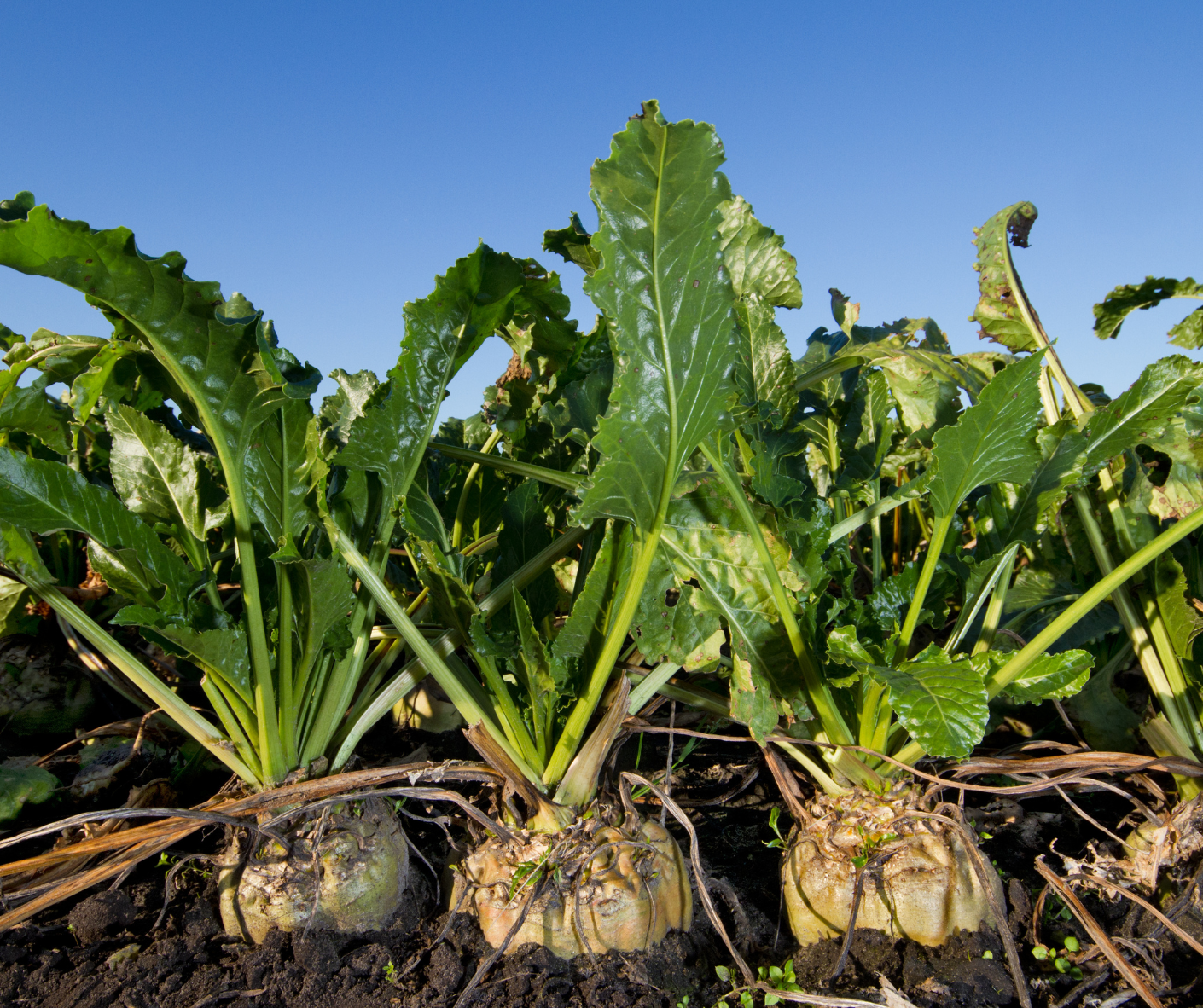When it comes to alcoholic beverages, we often think of the grains, grapes, or even potatoes used to make our favourite drink. But there's another natural source that has been used for centuries in the production of spirits – sugar. Two common sugar sources used in this context are sugar beets and sugar cane.
Sugar cane alcohol
Sugar cane alcohol is alcohol made from the sugar cane plant. To be exact, the alcohol is produced by fermenting and distilling the juice of the sugar cane or its molasses. It is synonymous with tropical regions. It's primarily grown in countries with warm climates, such as Brazil, the Caribbean, and parts of Southeast Asia. Sugar cane alcohol, often referred to as "cane spirit" or "cachaça" in Brazil, has a distinct place in the world of spirits, and it is one of our best-selling products.
Uses
Sugar cane alcohol is used as a base for many alcoholic spirits. Even though it is made from sugar, its taste is quite neutral. This makes it perfect for almost any distilled drink, from rum and caçhaca to all kinds of liquors. It is also widely used in the food industry. It can serve, for instance, as a preservative or solvent for flavours and colourants. Apart from food and drink, sugar cane alcohol is also used to produce medicines, pharmaceutical products, perfumes, and other cosmetics.
Sugar beet alcohol
Sugar beet alcohol is a premium-grade alcohol made from sugar beet. More specifically, the alcohol is produced by fermenting and distilling the syrup of the sugar beet. This sticky product is also known as molasses. The alcohol produced from sugar beets is commonly referred to as "beet alcohol" or "beet spirit." This type of alcohol is known for its versatility and smooth flavour profile.
Advantages and uses
One of the key advantages of sugar beet alcohol is its adaptability to various spirits. Sugar beet alcohol can serve as the basis for many distilled spirits, including white spirits, bitters, and liquors. The alcohol derived from sugar beets is often neutral in flavour, making it a perfect base for these spirits and allowing the other ingredients to shine. Additionally, sugar beet alcohol is favoured for its sustainability. Sugar beets are a high-yield crop and can be cultivated efficiently, making them an eco-friendly choice.
Sugar beet alcohol is used for the production of vinegar, as a preservative, and as a solvent for colourants and flavours. Outside the food industry, sugar beet neutral alcohol is used to produce pharmaceutical products and medicine, as well as perfumes and other cosmetics and beauty products.
Key differences

Sustainability

Cultural significance

Growing regions

Culinary use
Conclusion
In the world of alcoholic beverages, sugar beet alcohol and sugar cane alcohol are two distinct players with unique characteristics and applications. Sugar beet alcohol, a European tradition, is renowned for its versatility, neutrality, and eco-friendly cultivation. It serves as a base for various spirits and finds applications in multiple industries.
Sugar cane alcohol, a tropical classic with cultural significance, especially in Brazil, maintains its own distinctive attributes. High-quality sugarcane alcohol is recognised for its flavour neutrality, offering a versatile foundation for various spirits. Both contribute significantly to the diverse world of spirits, with each bringing its own set of attributes and traditions.











Leave a comment